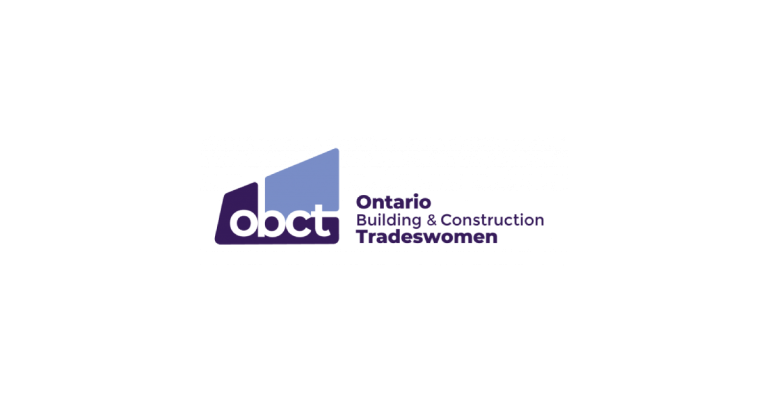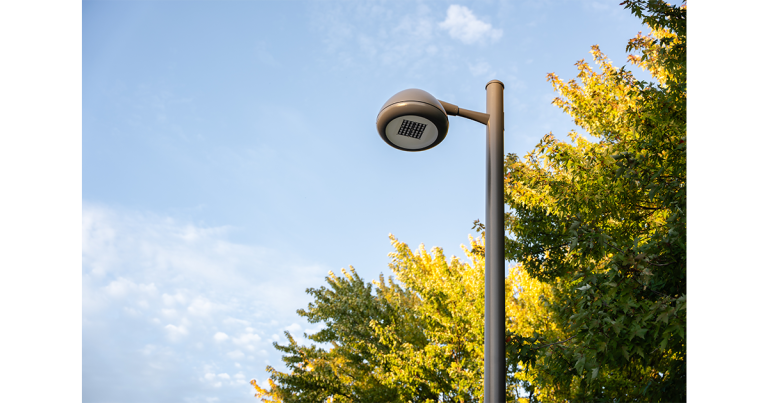Do You See Killer Spiders Around Every Corner?

August 22, 2019
By Keith Sones
In the early 1980s, the Canadian economy took a hard kick to the stomach. Interest rates were sky high, jobs were hard to come by and regular families were losing their homes. It sucked.
Fresh out of university, I decided to expand my horizons and spend what little money I had on a trip to Australia. Perhaps not the wisest use of my dwindled savings but “Hey, why not,” I told myself. Kangaroos on every street, a land of nothing but beaches and palm trees and cute Koala bears that will eat from the palm of your hand. All of this seemed very enticing to a young man at the front end of life. So, airplane ticket in hand and backpack over my shoulder, I prepared to jet off to the land down under.
Now, a bit of helpful context. I had done some travelling up to that point in my life but nothing extensive. A trip to England with my parents when I was eight (young so I didn’t remember much), a two-month summer road trip across Canada as an early teen (Canada is really big!) and a Hawaiian spring break in tenth grade (really wish I had used more sunscreen!), but it had all been organized by my parents and included pretty predictable and tame agendas. I tagged along and enjoyed the ride.
Now back to the airport. After a three-hour layover at LAX, I winged off my first stop in Auckland, courtesy of Air New Zealand. I arrived early in the day and immediately got schooled in the first important lesson of the trip — significant time zone changes mess you up. My mind told me it was morning and I should be raring to go, but my body told me I should lay on the floor and go to sleep. I had not taken a single piece of travellers’ advice on the flight down, such as sleep and drink water. Overly excited by the idea that I was now a global explorer, I had spent the time watching movies and consuming too much free beer. When I saw my broken backpack tumble onto the baggage carousel and a few pieces of clothing scattered amongst the other bags, my mind reeled and I was tempted to head back home.
However, pragmatism took over and after a few wrong turns, I found a taxi and headed to the hostel where I had booked a room. As the cab drove through the streets of the Kiwi city, I pondered how much it looked like every other city I’d been to. No Maori warriors or sheep herders in sight. Huh, I thought. Different than I imagined. At the time I had no idea what a powerful thought that would become.
Two days later, after a very long sleep and a backpack repair, I ventured out to see the sights. As I planned to be in town for several days, it seemed reasonable to stock the small fridge in my room with a few snacks and some beverages. I trotted across K road and found myself in the local bottle shop, the equivalent of government liquor store in Canada. In those days I was certainly the stereotypical Canadian when it came to appreciating local brew. Assuming everything was similar around the world, I asked the attendant to please get me a “case of local beer.” She looked at me strangely and queried, “Are you sure?” Confident in my choice, I affirmed my request. She shrugged and headed to the back.
Struggling a bit, the attendant came back into the small room carrying a wooden crate of very large bottles. “Your case, mister,” she panted. My eyes widened and I promptly wondered how I was going to get this cargo back to the hostel. Huh, I thought. Different than I imagined.
Days later and with my time now over in the land of “three million people and 50 million sheep,” I was once again airport bound, this time destined for Sydney. Finally! Kangaroos and beaches, along with a few creepy crawly things that can kill you basically by looking at you.
In anticipation of snakes and spiders that are lethal, and given that I planned to camp out from time to time, I had rigged my tent with a patch to ensure nothing larger than a fleck of dust could gain entry without my say so. The big city of Sydney was fun, in a city kind of way, but I was busting at the seams to get to the “real” Australia, so I hopped on a bus and spent a day and a half heading north. Arriving at midnight, I found my tropical campsite and proceeded to stage the “entry to the tent” that I had planned with military precision. The problem was this. Once the tent was set up and opened in the dark, everything snake, spider, army ant, killer bee and their cousins could also gain entry and lay in wait to inject me with their venom. I could be dead within seconds. So I had devised a plan that minimized the time the tent was open. At the critical juncture, I threw myself into the little orange bivouac faster than a circus daredevil being shot out of a cannon, installed the patch and held my breath. No sounds. No slithering. Nothing crawling up my neck with an evil smile. I had made it. Now I just needed to survive the night.
Morning dawned without incident and I could feel the warmth of the sun heating the tent. Eager to start the adventure, I tentatively drew back the tent flaps to make sure a huge arachnid hadn’t spun the tent into a web during the night. Seeing nothing, I crawled out into the day.
The view of the surrounding environs startled me. There were several people sleeping and lounging on the open grass and sand! In short and T-shirts! How could they have possibly not been killed instantly as soon as they sat down.
Huh.
Throughout my travels I had a number of deeply held views and myths shattered. Not everything kills you. Beaches are not everywhere. Koalas are not cuddly. There is a lot of land that is just hot and barren. Opals are extracted from small underground mines. Sheep stations (ranches in our lingo) are huge. The reef is very cool. And more.
I also met a lot of people during my time there, and realized that as much as I had sincerely stuffed my mind with stereotypes and falsehoods, so had many of the locals done the same about Canada. I met one well educated man who had travelled to Canada because he wanted to see “a Mountie, a bear and some snow”. He had flown into Toronto in summer and was disappointed to know he had to travel thousands of miles west to satisfy his curiosity.
I have spent the majority of my life living in western Canada, and while I’ve travelled extensively throughout our country, there is a big difference between dropping into Miramichi, NB or Estevan, SK on vacation or business for a few days and really understanding the local culture and perspectives. It’s not to say that everyone in any one location thinks similarly or has the same experiences. They clearly don’t. Having said that, there are often common biases and views that form as a result of a lack of exposure. If you ask folks in Truro, Nova Scotia and Red Deer how many have travelled to Stettler, Alberta, I’ll bet you $100 that more of the western prairie residents will say yes. They will have a better understanding of what life is like there, the types of businesses, sports interests, and general views on immigration. It’s not that they are necessarily smarter or worldlier, they just have more direct experience.
For work related reasons, I am now spending a lot more time in southern Ontario, and specifically Toronto. I’ve travelled here many times and felt I had a grasp on the “local” perspective. After spending some time, it turns out I was simply wrong about certain things. My previous views about Torontonians included the “Centre of the Universe” view (not entirely wrong), the urban left wing bias, arrogant and always in a hurry, etc. Yes, there are people that fit much of the stereotype. But the vast majority of people are nice, thoughtful, intelligent and concerned about national and global issues. Same as my friends and colleagues in Calgary, Vancouver, Saskatoon, St. John’s, Digby, Victoriaville, Fort McMurray and Fredericton.
We do, however, all fall into a trap. We often listen to what we are told and accept it as the gospel truth, as opposed to actually finding out what is factual. We use Facebook, Twitter, the evening news and Tim Horton’s discussions as a proxy for experience. I’ve heard very diverse views on the need to upgrade electrical infrastructure, electric vehicle ranges, the “right price of electricity,” why whales near Vancouver need protection when those on the east coast are just fine, how Saudi oil is better that that from Alberta, and many more inventive stories. Most are wrong — based on opinion as opposed to fact.
So, what to do. Can’t exactly have everyone spend time living in each part of Canada, or the world for that matter. But the one thing we can all do is talk and listen. To each other. Call your uncle in Fort St. John and have a real conversation about whatever is on your mind. Work for a big company? Get to know a few people in other parts of the country. Ask them how things are for them. And over time, your views will shift. You’ll get better informed and be able to make better decisions. You’ll vote based on more details from across the country, not just your neighbourhood. The alternative is to think there are killer spiders around every corner.
And that’s just silly.
Keith Sones is Executive Vice President, Strategy and Business Development, The Valard Group of Companies.

















